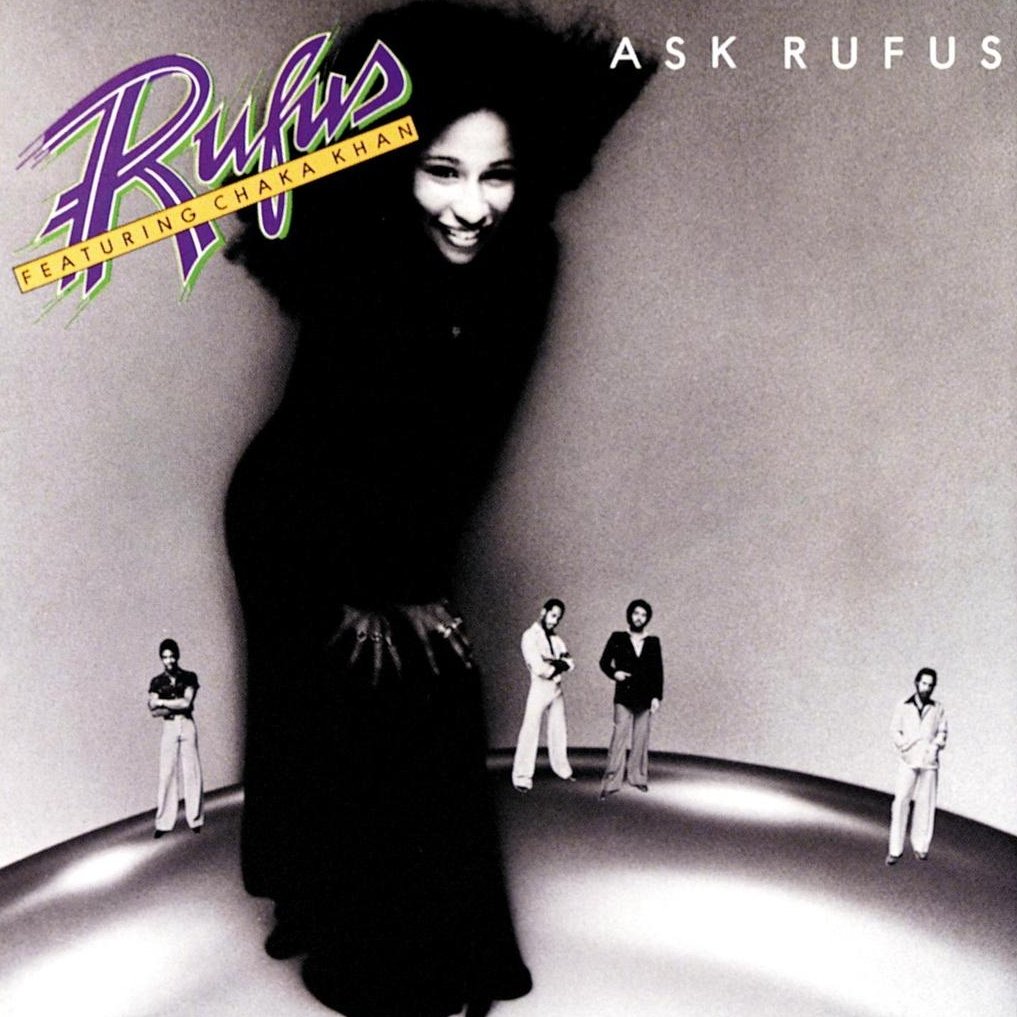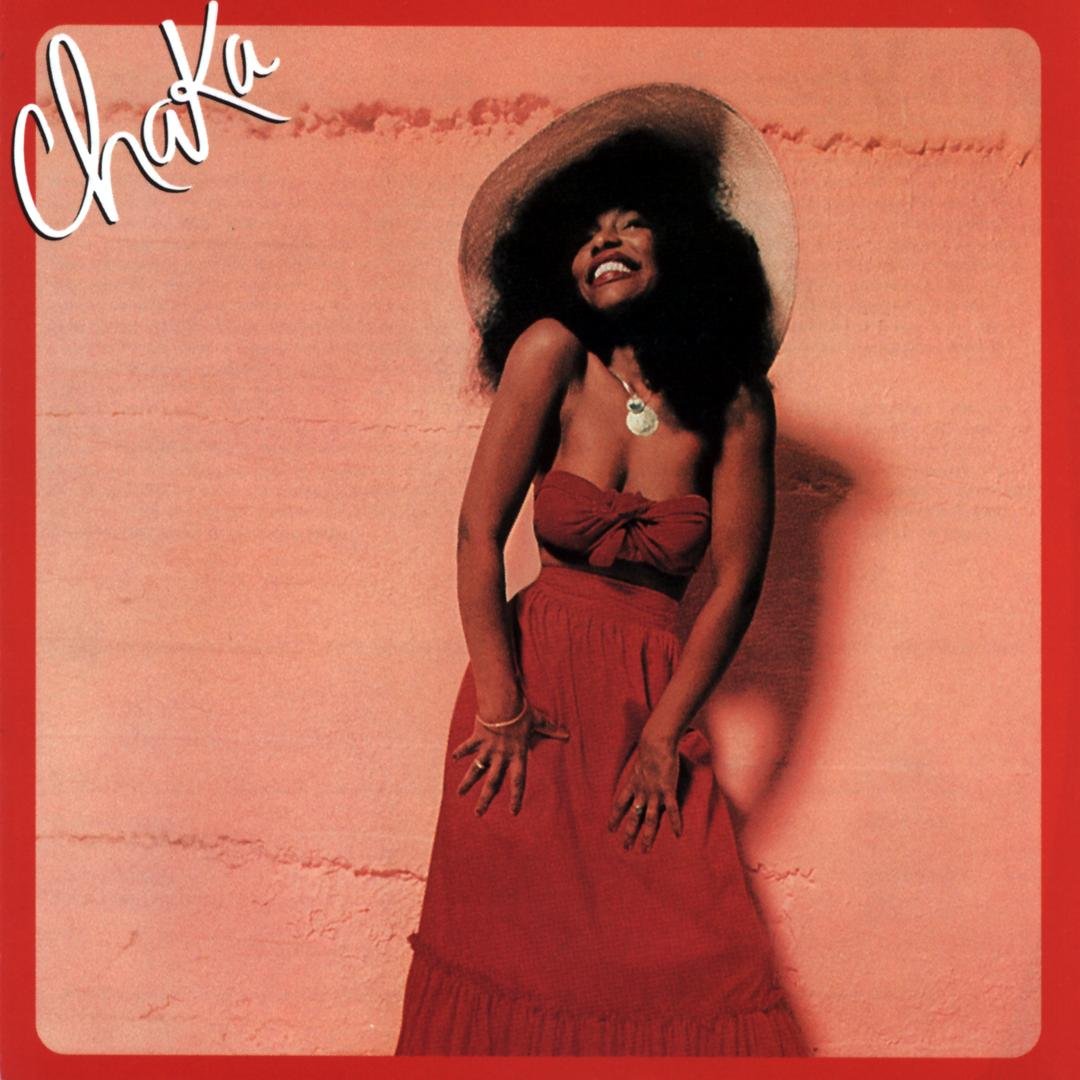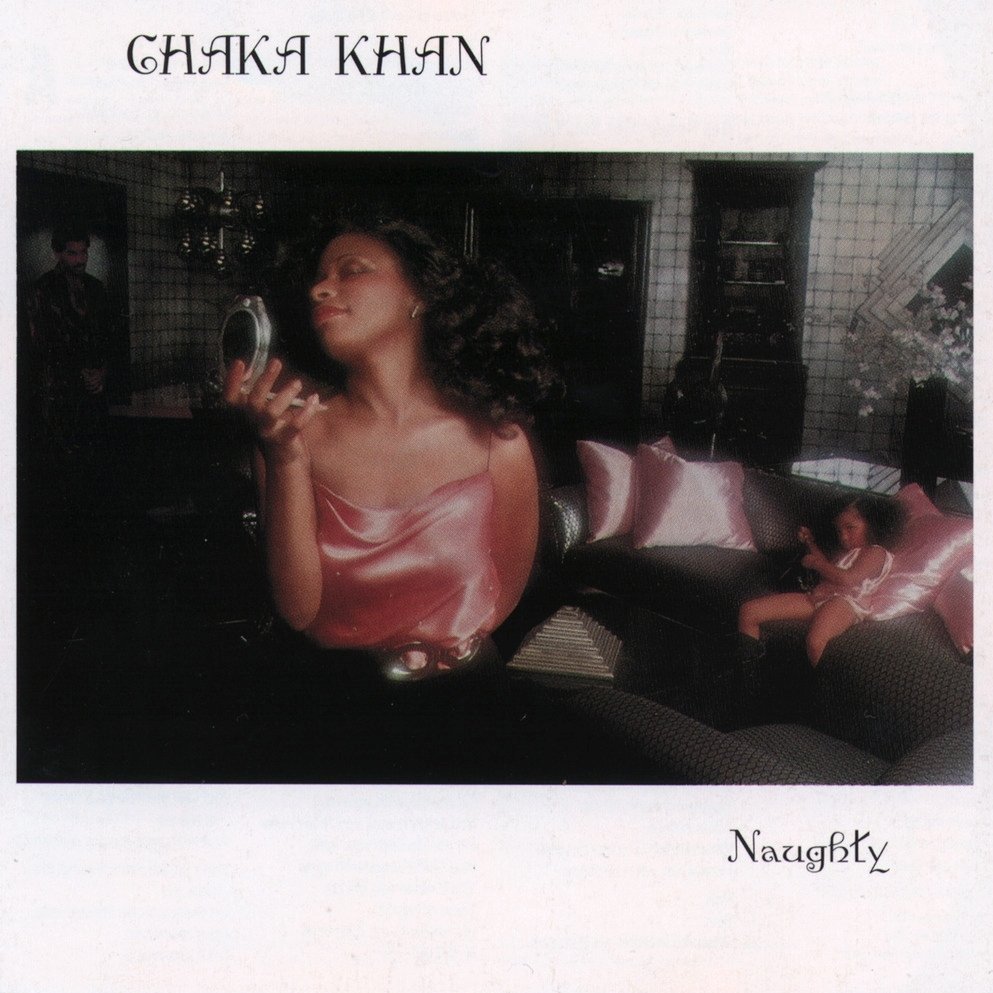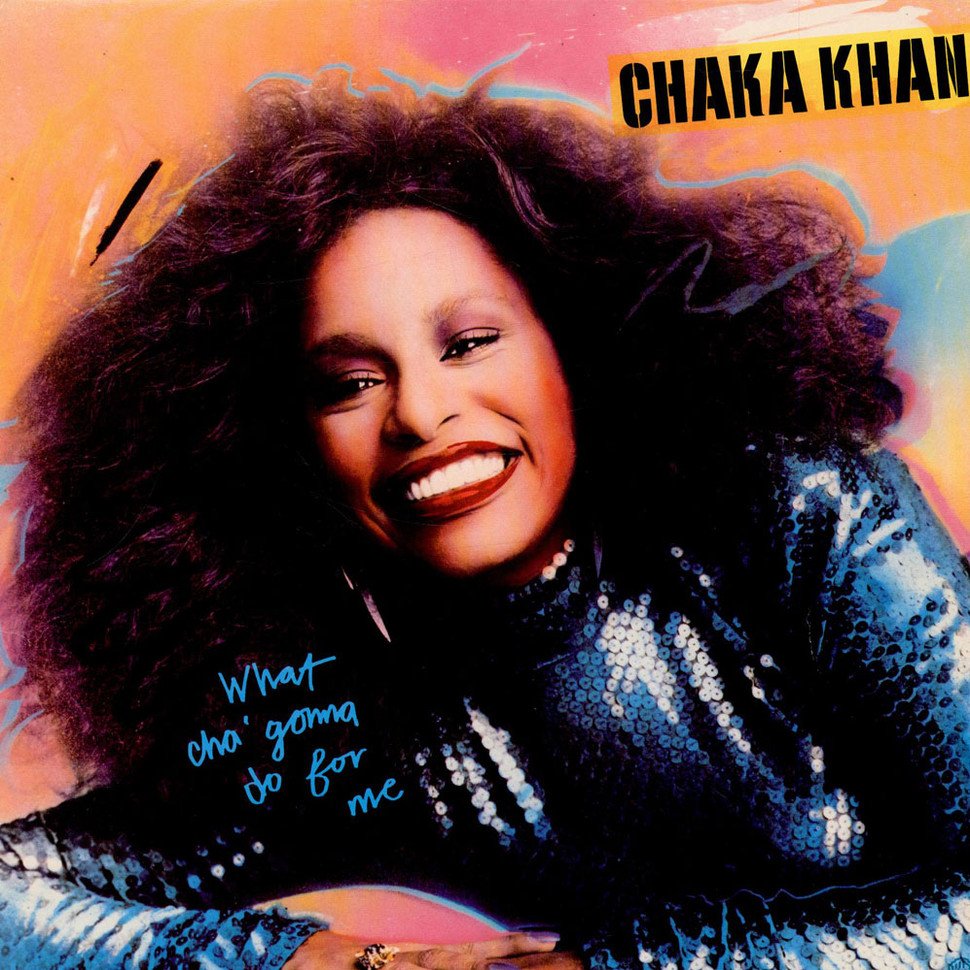Happy 45th Anniversary to Rufus & Chaka Khan’s Street Player, originally released January 17, 1978.
The brilliance of the multi-racial, Chicago-based outfit Rufus rested on their commitment to fearlessly coalescing funk, soul, jazz, and pop-rock influences into a succulent whole. Their dynamic frontwoman, Chaka Khan, doused sass and sensuality into the band’s thrilling sound with her blistering voice. It was the perfect marriage that imprinted an indelible stamp on the entire funk and soul landscape. Their affinity for tackling unchartered territory put them ahead of the curve. When their fifth album Ask Rufus was released at the top of 1977, their stylistic trajectory shifted in mood and personality. Its musical scope was uncharacteristically audacious for a commercial pop-soul release.
The late great Clare Fischer’s dramatic orchestrations scrawled a new level of depth within the band’s dazzling funk grooves. There was a greater emphasis on seductive balladry and jazz improvisation. Even Khan stretched her distinctive sultry vocal style, possessing full control and serenity in her delivery. Diverting from the hard-edged funk flair of their earlier repertoire to a contemplative approach at the height of the disco era was a risk that could’ve backfired. However, the band’s artistic ambition and vision culminated in Ask Rufus becoming one of their most enduring offerings to date.
So, where would they go next?
For any artist, crafting a worthy follow-up to a detour is tricky. The stakes in surpassing or equaling what’s already been done are high. Most artists stay afloat, building on the qualities that made their predecessor work so well. Others move forward, expanding their musical palette and approach. Then, there are those who venture the predictable path, pandering their sound to a contemporary audience, or caricaturing shallow trends for commercial intent. It can succeed, or fall short of the mark altogether. Thankfully, Rufus and Chaka Khan pursued something lighter in tone, but no less explorative and arresting in nature with their sixth album, 1978’s Street Player.
Given the lightheartedness of its Norman Sheeff-shot, mannequin-centric album cover, Street Player could’ve easily been perceived as the band’s big nudge toward disco, before anyone put their needle to the record. But, the music here was anything but. Where their previous album Ask Rufus skillfully dabbled with esoteric orchestral touches, smooth soul, and jazz, Street Player leaned heavily on polished jazz-rock characteristics of the late 1970s. Akin to the work of Chicago, Blood, Sweat & Tears, and Steely Dan, Rufus infused laid-back strains of jazz into their sophisticated brand of funk and R&B. At a time when disco permeated America’s milieu and reached its cultural zenith, the band took heed to its impulses, and ventured a few steps ahead. After all, they were known for their unpredictability as well as their peerless craftsmanship.
Acute, subtle grooves are mustered throughout the ten-song set, with clever tempo and modulation shifts to boot. With former drummer André Fischer out of the fold, the band recruited the Gap Band’s drummer Richard “Moon” Calhoun to anchor their agile-minded rhythms. Famed engineer and producer Roy Halee stepped into the role of the album’s co-producer alongside the band. Clare Fischer’s large-scale string arrangements were always a prominent signature in much of Rufus’ work. On Street Player, they painted a sympathetic backdrop for the band’s artsy, jazz-aligned proficiency. Elastic stabs of brass, courtesy of Hawaiian-based jazz-fusion band Seawind made a strong presence in the musical gumbo as well.
If anyone ever undermined Khan’s sterling vocal dexterity by 1978, they clearly failed to comprehend her beautiful transition from a streetwise, fiery belter to a versatile songstress with free-flowing depth, commanding any material she was given. Muscular and undeniably flexible, Khan masterfully played with different textures that suited the varied, albeit challenging, musical colors of Street Player.
Listen to the Album:
The album opens with its rags-to-riches title track “Street Player,” an exuberant dance number that veers from light disco to soft rock, with guitarist Tony Maiden tackling lead vocals and Khan handling background duties. Ironically, former drummer of the rock outfit Chicago, Danny Seraphine, co-wrote the song with Rufus’ keyboardist, David Wolinski. Chicago recorded a similar version of the song a year later, for their 1979 release Chicago 13.
Winds of sultry, smooth soul balladry roamed heavily in the late 1970s, and Rufus were no strangers at crafting shimmering ballads that were soulfully intense as well as sensually gratifying. “Stay” (US R&B #3, US Pop #38) immediately conjures up the aura of old-school, blue light parties with its placid, urbane ease. Written by Khan and drummer Richard Calhoun, the sinewy funk ballad finds a wistful Khan pleading and wailing for her departing lover to not leave her side. She also reassures him of the odds he faces in the world, while implicating that their undying love will persevere.
The album’s second and final single “Blue Love” (US R&B #34) and its poignant counterpart “Stranger to Love” couples gentle pop melodies with lucid, contemporary jazz-rock flourishes. Both songs, smartly placed together, showcase husky, yet soaring lead performances from Khan, who effectively sings on the complications of departed love.
In contrast, spiritual love takes on several shades and facets throughout Street Player. The vulnerable “Best of Your Heart” devotes an inspirational paean to the power of God’s love, self-assurance, and self-care, in times of romantic despair and uncertainty. The breezy “Destiny” frames the joyful tranquility of a romantic pairing in a celestial context. Khan gracefully twirls her lithe, jazz-informed figure around the ballad’s pleasant Latin-flavored jazz ambience. The band slightly shift gears on the socially conscious, jazz-funk number “Turn,” which boasts Khan’s plea for a divided world to eradicate its transgressions, in favor of a prosperous future.
Rufus showcased their attractive virtuosity on the album’s two lone instrumentals—the frenzied, Latin jazz noodling of “Finale” and the sparkling, MOR funk in “Take Time.” The album concludes with the dance-tinged “Change Your Ways,” which features Tony Maiden trading passionate lead vocals with Khan on a romance that goes awry because of conflicting emotions between the two parties.
Street Player gave the band their third number one showing on Billboard’s Top Soul LPs chart, while peaking at number fourteen on Billboard Top LPs chart. Given their popularity and strong musical influence, the album also became their fifth consecutive platinum seller.
Contrary to their sweet commercial fruits, their fractured state as a band remained. Situations became so bleak that Khan and the band couldn’t record in the same studio, much less be together. As a result, the band (sans Khan) recorded their parts for Street Player at a certain time, with Khan providing her vocal parts at another. In the four years following the band’s explosion on the musical map, whispers swarmed about whether their obvious centerpiece would ever strike out on her own as a solo artist. 1978 became Khan’s testing ground for her ascension as a solo entity. She would halt her involvement in Rufus and release her long-awaited debut album later that year. Things would never be the same.
Enjoying this article? Click/tap on the album covers to explore more about Rufus and Chaka Khan:
Intrinsically urbane and artfully subtle, Street Player marked a dazzling band in utter transition. Rufus and Chaka Khan reached a mighty stump in following up 1977’s ambitious Ask Rufus, but they came back down to earth with a relaxed, concentrated pulse that didn’t downplay or exaggerate their musical strengths at any stretch. For all things considered, this eclectic album foreshadowed much of Khan’s artistic trajectory, as she would explore her jazz nuances more explicitly throughout her solo career. The album’s artistic merit has been marveled in contemporary R&B and hip-hop circles by several of its key figures.
Perhaps its most popular nod came in 1997, when Erykah Badu thoughtfully covered “Stay” and frequently added the classic in her live repertoire. That same year, underrated soul-jazz songstress Adriana Evans cleverly lifted some of the arresting lyrical content from “Stay” for her own “Love Me.” In 2003, Mary J. Blige gave “Best of Your Heart” esteemed praise to a young audience oblivious to the depth of Khan’s rich musical catalogue, during one of her stints on BET’s 106 & Park.
While Rufus and Chaka would score a few more triumphs during their tenure, before imploding altogether in 1983, Street Player sadly represents the band’s last full gasp of brilliance.
LISTEN:
Editor's note: this anniversary tribute was originally published in 2018 and has since been edited for accuracy and timeliness.





